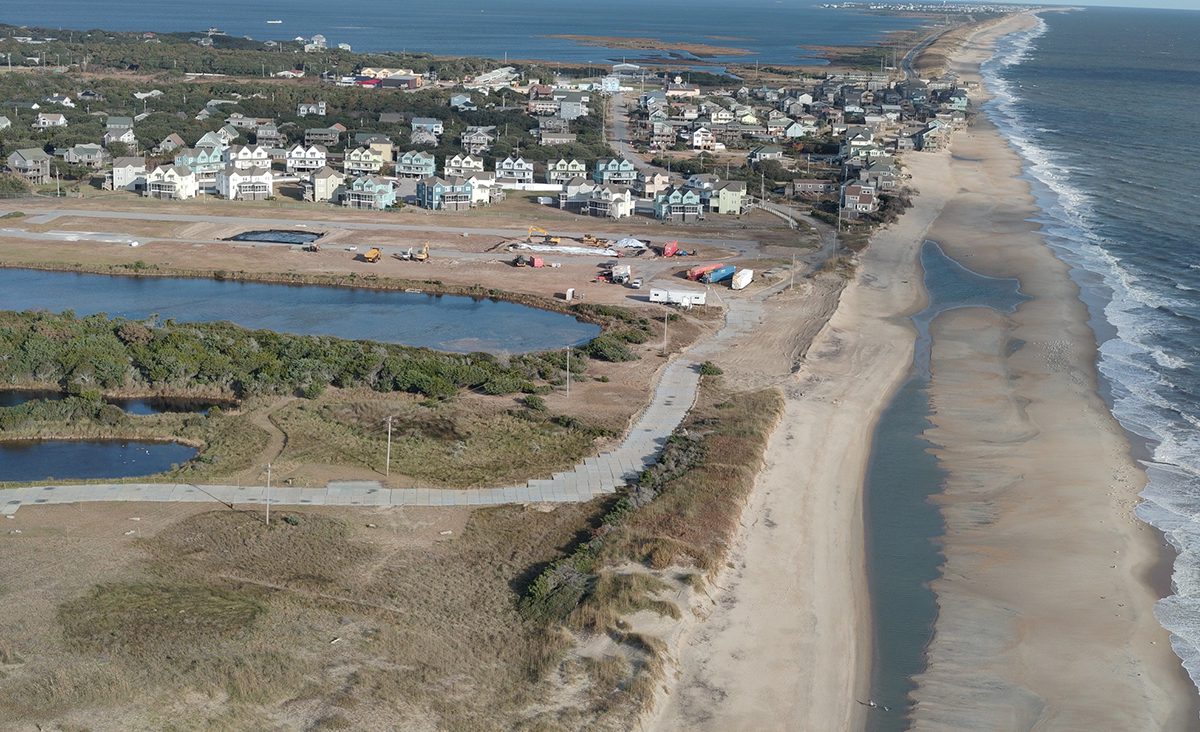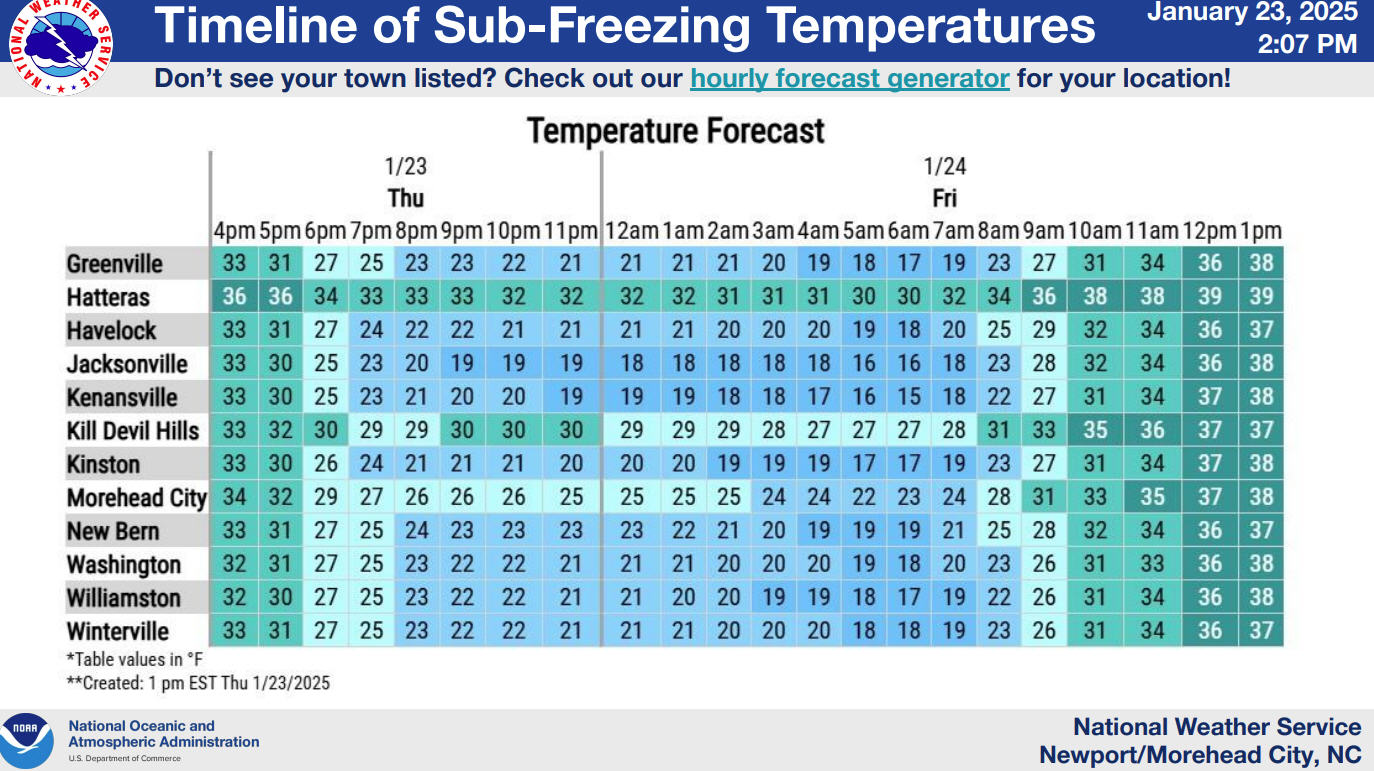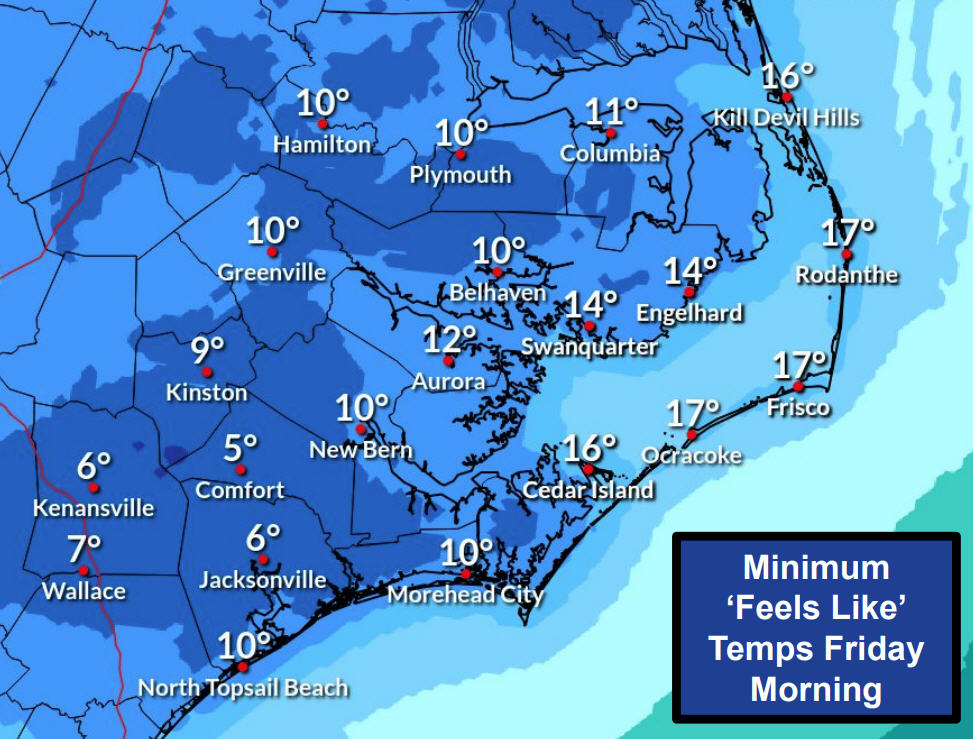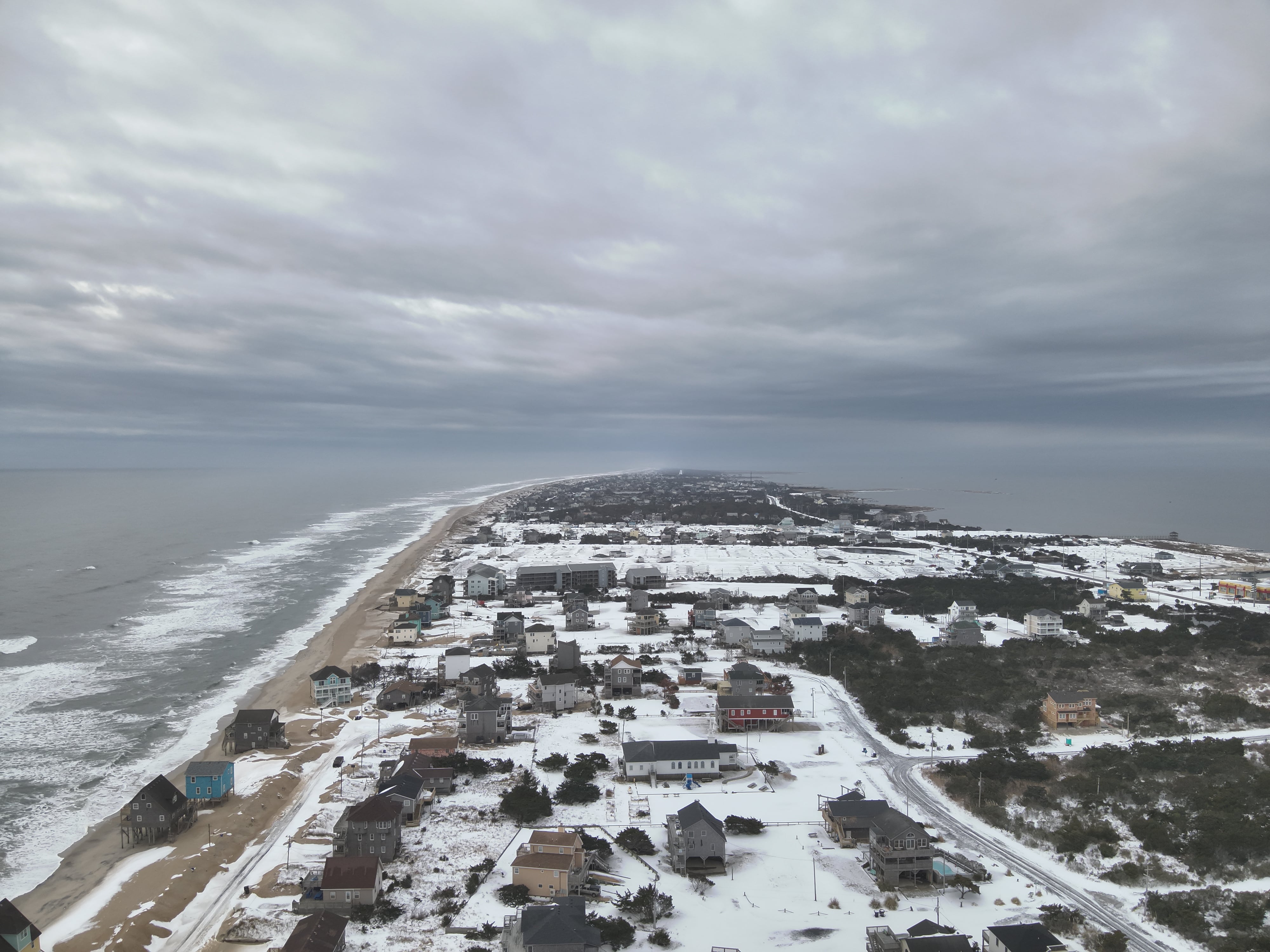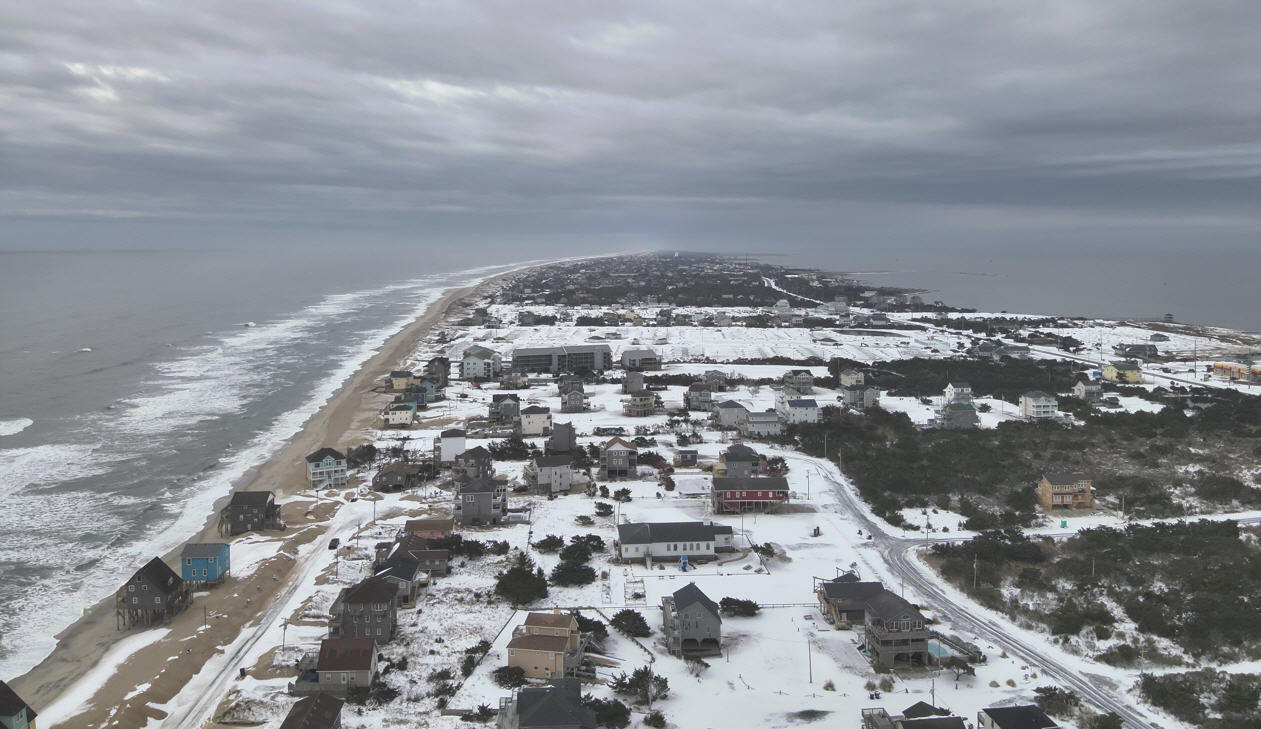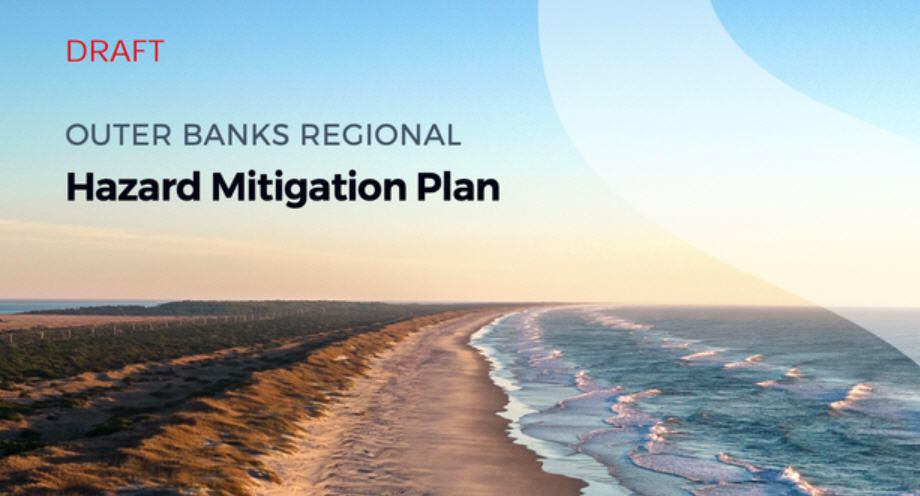Newest board idea for dredging not legal, Cook aide says
Pursuing funds for dredging Oregon Inlet has become akin to “follow the bouncing ball.”
At its meeting on Monday, the Dare County Board of Commissioners requested that the General Assembly approve using $5.5 million from the beach nourishment fund for dredging Oregon Inlet.
The funds were collected to use for beach nourishment under a 1-cent sales tax before it was repealed through a ballot measure in 2006. What is left of the money collected is part of the larger beach nourishment fund, currently sustained by 2 cents in occupancy tax, and is used for such things as sand fencing and planting dune grass.
But on Thursday, Jordan Hennessy, Sen. Bill Cook’s legislative aide, responding to press questions on behalf of the senator, said that won’t fly because the purpose of the money can’t be changed due to the North Carolina Constitution’s Article V Sec. 5 which states: “Every act of the General Assembly levying a tax shall state the special object to which it is to be applied and it shall be applied to no other purpose.”
“So you can change the special object of the taxes collected moving forward but you can’t take proceeds of taxes imposed and collected for object X and apply it to object Y,” Hennessy wrote in response to questions.
County Manager Bobby Outten said this evening that he couldn’t comment about the sales tax money not being accepted for change because he has not been notified that it isn’t an acceptable proposal.
Dare County Board of Commissioners Chairman Bob Woodard couldn’t be reached for comment.
The proposal to use the proceeds of the former sales tax was offered by Commissioner Warren Judge as an alternative to language that was sent by Hennessy to the board last weekend.
It was apparently being offered because a bill that would allow the county to levy a 1/4-cent sales to pay for dredging is stalled in the Senate after passing the House in early April. The board had requested Cook and Rep. Paul Tine to introduce that legislation at a special meeting on March 31.
The legislative amendment provided by Hennessy last weekend states: “Sec. 3.3. Waterway Maintenance. – Notwithstanding any provision restricting the use of taxes authorized in this act, the county shall use three million seven hundred thousand dollars ($3,700,000) of the net proceeds of the taxes authorized by Sections 3.1 and 3.2 of this act per fiscal year for maintenance of waterways in the county. This section is repealed for fiscal years beginning on or after July 1, 2021.”
Sections 3.1 and 3.2 are the citations for each of the two 1-cent occupancy taxes designated for beach nourishment.
Although the proposal was not on the agenda nor shared with the public before the meeting, it was discussed at the end of the meeting during county manager’s business. Judge noted that this was the second time that taking money out of the occupancy tax to pay for dredging had been discussed with no public notice.
The first occurred on March 2 when language was presented that would have given the county total control of all six percent of the occupancy tax. Currently, 2 cents funds beach nourishment, 1 cent provides revenues for the Visitors Bureau, and 3 cents is divided among the towns and county, which use the proceeds to help fund their respective budgets.
Earlier in the Monday meeting during public comment, Willo Kelly, government affairs director for the Outer Banks Association of Realtors told the board that the lack of transparency about the matter was troubling. She also requested that stakeholders should be kept in the loop on information so that they could offer comments about any proposed changes to legislation.
During his presentation on Monday, County Manager Bobby Outten said that the board had turned back suggestions for other ways to raise the funds needed to match state funds to pay for dredging. He said that the money could be taken from the beach nourishment fund as described in the proposed legislative language but only for five years. And to do so would mean borrowing more money needed to fund beach nourishment projects already on the table.
Outten said that taking the money out of the occupancy tax was discussed during a meeting with town mayors last week and that the reception was “lukewarm.”
The board subsequently voted to pursue Judge’s suggestions. The 4-3 vote passed with Commissioner Beverly Boswell strongly supporting the language provided by Hennessy. She was joined by Commissioners Wally Overman and Margarette Umphlett.
“The growth of the occupancy tax in Dare County is growing at a rate of about 7% per year,” wrote Hennessy.
“The occupancy tax in Dare County generates more than any other county in the state besides Mecklenburg County. Which Mecklenburg County is at 8%, and Dare County is at 6%. In 2005-06 fiscal year, the occupancy tax generated about $14.3 million, and in 2013-14 fiscal year, the tax generated about $21.6 million. In addition, the growth for 2013-14 fiscal year was without a full year of the tax at 6%. The occupancy tax rate was changed by the Dare County Board of Commissioners from 5% to 6% on 1/1/2014. After looking over the numbers, it has been expressed to us that about $3 million could be appropriated out of the 2% for beach nourishment within the occupancy tax for Dare County waterway maintenance, and it would not disable any of the future or previous beach nourishment projects.
“The Senator is looking further into this option, and we understand the importance of the occupancy tax for the municipalities, Dare County, beach nourishment, and tourism bureau,” he wrote.
Hennessy noted that the bill, SB 160 Enhance Safety & Commerce for Ports/Inlets, also requires the State of North Carolina’s Department of Environment and Natural Economic Resources to draft a memorandum of agreement with the United States Army Corps of Engineers on Oregon Inlet and other waterways and includes an appropriation of $4 million to Oregon Inlet for an intermediate dredging plan.
Click here to read Jordan Hennessy’s memo to reporter Sandy Semans.






